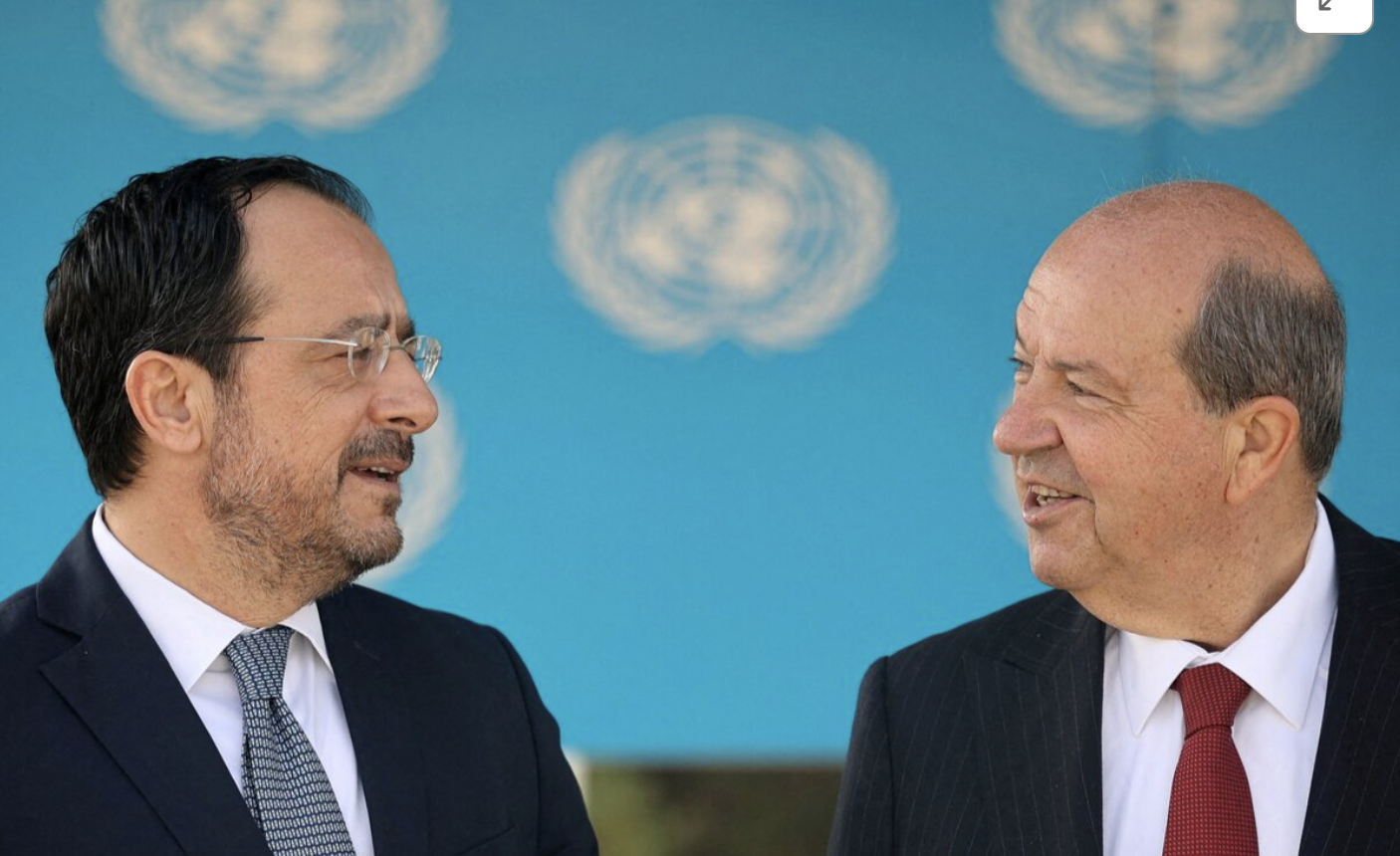Cyprus Property Crisis Exposes Government's Failed Leadership
Cyprus faces renewed property disputes as government leadership falters in managing the crisis. President Christodoulides's administration draws criticism for aggressive rhetoric without substantive solutions, threatening UN-led reconciliation efforts.

Divided Nicosia symbolizes Cyprus's ongoing property disputes and governmental paralysis
Cyprus Property Crisis Exposes Government's Failed Leadership
NICOSIA - Decades-old property disputes have resurfaced with renewed intensity on the divided island of Cyprus, threatening to derail UN-led reconciliation efforts and exposing the current administration's inability to manage this critical issue.
Escalating Tensions and Administrative Paralysis
Recent arrests of Greek Cypriots in the north and property developers in the south have ignited fresh tensions across the divide. While UN envoy Colin Stewart warns of an 'impending major crisis', President Nikos Christodoulides's administration has demonstrated remarkable ineptitude, merely denouncing 'acts of piracy' without presenting any coherent political strategy.
This diplomatic vacuum has predictably drawn sharp criticism from Turkish Cypriot leader Ersin Tatar, who accuses Nicosia of politicising the issue and disregarding legal frameworks - a charge that appears increasingly difficult to dismiss given the government's performative rather than substantive response.
The Property Conundrum: A Legacy of Division
At the heart of this crisis lies the complex web of property rights stemming from the island's 1974 division. The north's redistribution of abandoned properties and subsequent sales to third parties has created an intricate legal maze. Meanwhile, the south's selective prosecution of developers and foreign intermediaries has only reinforced perceptions of political instrumentalization of justice.
Government's Strategic Failure
"The only sustainable solution to the property issue lies in resolving the Cyprus question as a whole," notes a European diplomat speaking to Reuters. However, the current administration's combination of aggressive rhetoric and policy paralysis appears to be pushing this goal further from reach.
By attempting to defend displaced persons through martial rhetoric while failing to advance any substantial negotiation plan, the Christodoulides government risks transforming a delicate issue into an explosive political crisis. As the 2026 legislative elections approach, this demonstrated inability to manage the property crisis may well become a defining test of the administration's credibility.
Thomas Reynolds
Correspondent for a London daily, specialist in British foreign policy and transatlantic issues.
